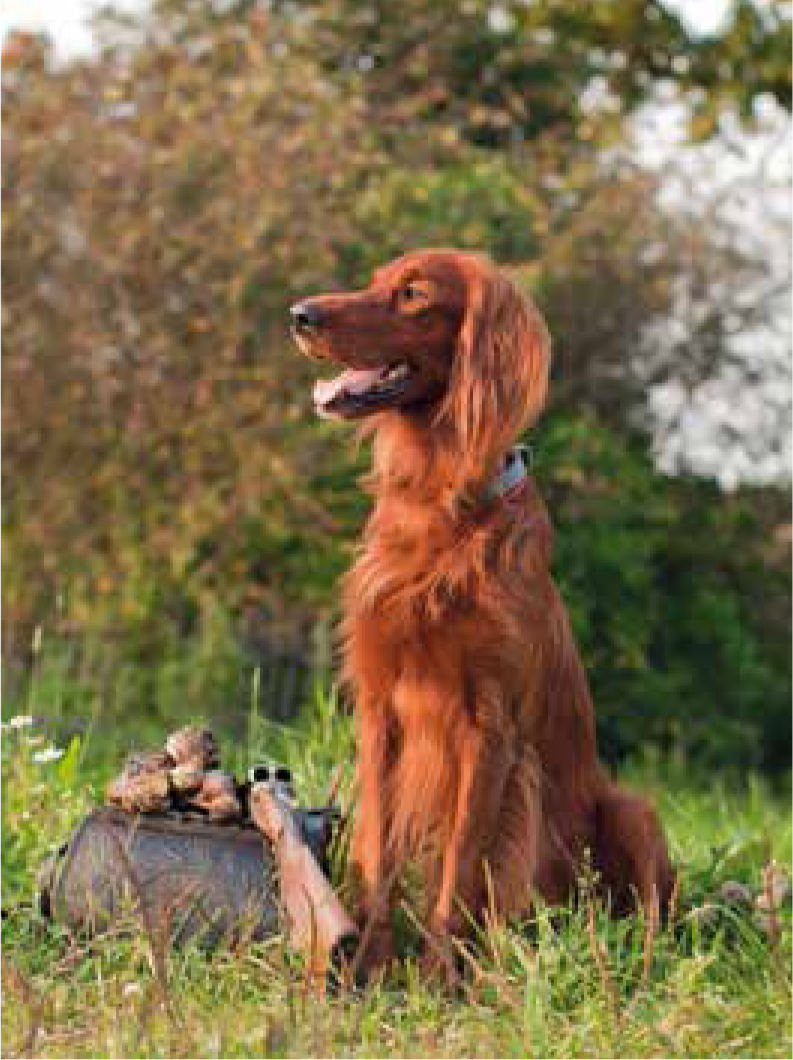Fleas
One of the most undervalued parasites in the winter are fleas. Flea activity in the outside environment is seasonal, with peak activity running from spring through to autumn. Many people mistakenly think that fleas pose no threat over the colder winter months, however, fleas can thrive within the home environment all year round thanks to central heating. In fact, a peak in flea infestations occurs in the autumn as people turn on their heating for the first time. Only 5% of a flea infestation is represented by adult fleas on the pet, the remaining 95% exists in the environment as immature stages (eggs, larvae and pupae). A female flea can lay up to 50 eggs per day in the coat of the host and these then fall off into the environment. The greatest environmental contamination occurs where the pet spends most of its time, for example in its bed. The entire lifecycle of fleas can take a little as 12 days to complete if conditions are right and a few fleas can easily become a full blown household flea infestation if not controlled. Effective flea control is three fold, consisting of treating all pets in the household (ideally with an adulticide), treating the environment, and finally compliance — flea infestations can take months to eliminate. It is estimated that vacuuming of the house alone reduces the number of flea eggs in the environment by 50%. Care should be taken in particular to vacuum below curtains, under furniture edges and in and around areas where pets sleep. Other environmental control methods include regular washing of the pet's bedding at high temperatures and treating the environment with an insecticide (ideally containing an insect growth regulator). In colder environments, fleas can also lie dormant as immature stages for nearly a year waiting for the right time to develop and continue reproducing. This causes another peak in activity in the spring as we start to see warmer weather again and it's important for pet owners to be prepared for this.

Angiostrongylus vasorum
Despite occurring all year round, the cooler, damper weather in the autumn and early winter favours slugs and snails, which are intermediate hosts for A. vasorum. Dogs contract lungworm by ingesting infected slugs and snails — often accidently while outside playing with toys, eating treats or grooming themselves. Although dogs can be infected at any time of year, they are perhaps at higher risk during the autumn. Prevention against A. vasorum should be considered in every dog's parasite control plan, especially if they live in an area known to have cases of lungworm.
Tapeworm
The autumn and winter months are well known as hunting season. Hunting dogs will be especially at risk from contracting Taenia spp. tapeworms, as well as Echinococcus granulosus tapeworms if the dog is eating fallen stock or raw offal. As these helminths occur in all seasons, cats and dogs that hunt should be treated for tapeworms and roundworms year round. In addition to the risk from worms, hunting dogs and cats may acquire ticks from the environment. Owners should remain vigilant and check their pets at least every 24 hours and remove any ticks using a suitable tick removal device.
These days, many parasiticides have broad spectrums of activity. For example, flea treatments are commonly combined with treatments for tick and worms. It is important to ensure that if pet owners discontinue a specific treatment over the winter, they do not stop treatment for the control of other parasites which still pose a high risk. Prevention is better than cure and the winter months are the perfect opportunity for pet owners to plan their pet's parasite control for the year ahead.


